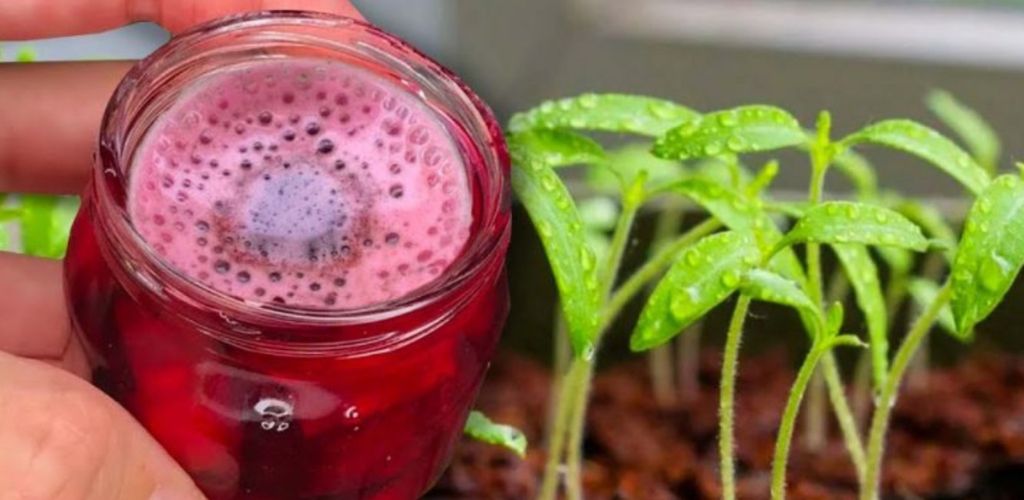03.04.2025
Natural fertilizer for seedlings – the secret to a healthy start in the garden
Giving your seedlings a healthy start is crucial for a thriving garden, and natural fertilizers can play a significant role. Here’s a breakdown of effective options:
Understanding Seedling Needs:
- Seedlings are delicate and require a gentle, balanced source of nutrients.
- They need:
- Nitrogen (N): For leafy growth.
- Phosphorus (P): For root development.
- Potassium (K): For overall plant health.
- Micronutrients: In smaller amounts.
Natural Fertilizer Options:
- Compost Tea:
- This is a liquid fertilizer made by steeping mature compost in water.
- It’s rich in beneficial microbes and nutrients.
- How to: Steep compost in water for a few days, then strain and dilute it before using.
- Worm Castings:
- These are the “waste” products of worms and are incredibly nutrient-rich.
- They provide a slow-release source of nutrients.
- You can mix them into your seedling potting mix or use them to make a “tea.”
- Coffee Grounds:
- Used coffee grounds are a good source of nitrogen and can slightly acidify the soil.
- They’re best for acid-loving plants.
- How to: Dry the grounds thoroughly to prevent mold, and then lightly sprinkle them around the seedlings.
- Eggshells:
- Eggshells are primarily calcium carbonate, which is beneficial for plant growth.
- How to: Crush them into a fine powder and mix them into the soil.
- Banana Peel Tea:
- Banana peels are high in potassium.
- How to: Place banana peels into a jar of water and let it sit for a few days. Then use the water to feed your seedlings.
- Vegetable Water:
- The water left over from boiling or steaming vegetables often contains valuable nutrients.
- Allow the water to cool completely before using it on your seedlings.
Important Considerations:
- Dilution: Natural fertilizers can still be potent, so dilute them appropriately, especially for young seedlings.
- Soil pH: Be mindful of the pH preferences of your seedlings. Some fertilizers, like coffee grounds, can alter soil pH.
- Compost Quality: Use well-rotted, mature compost to avoid introducing harmful pathogens.
- Observation: Pay close attention to your seedlings’ response to any fertilizer. If they show signs of stress, reduce the frequency or strength of the fertilizer.
- Drainage: Ensure that your seedling containers have good drainage to prevent waterlogging.
By using these natural fertilizers, you can give your seedlings a healthy and sustainable start, setting them up for a successful garden.


